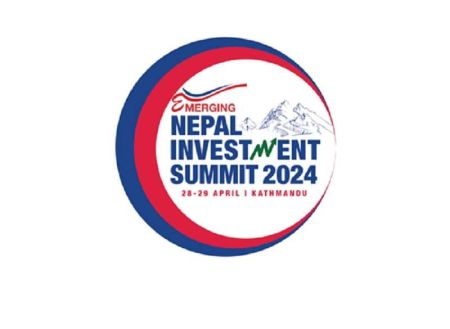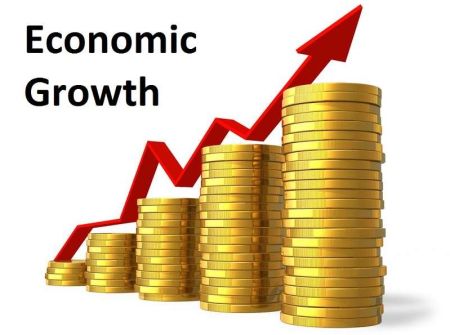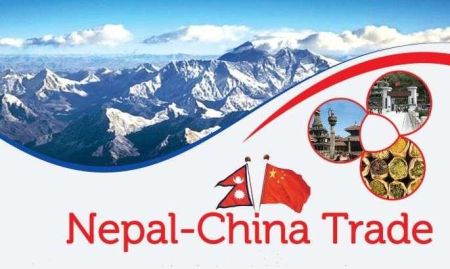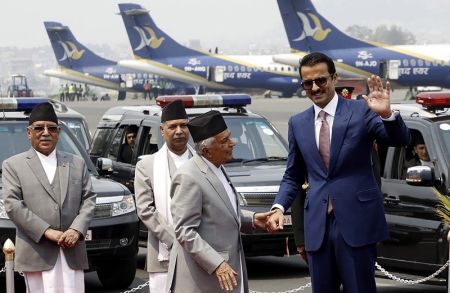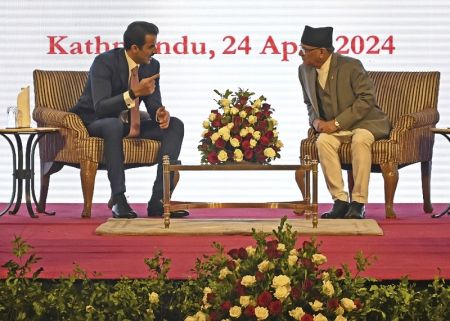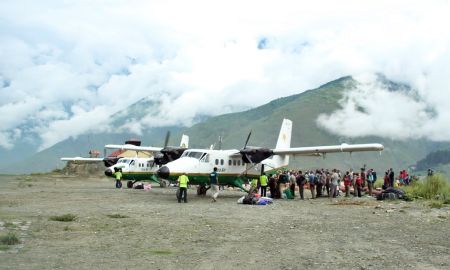July 13: The European Union (EU) and the Government of Nepal have joined forces to implement the Agriculture Development Strategy (ADS) through a Euro 40 million cooperation programme.
The ADS is a major initiative to transform the agriculture sector into a competitive, sustainable, and inclusive sector that brings economic growth, improved livelihoods and job creation, as well as food and nutrition security, reads a statement issued by the EU.
“The ADS focuses on improved governance, higher productivity, commercialisation and increased competitiveness, while also enhancing the role of women and social inclusion of the most vulnerable. It also aims to promote climate change adaptation,” the statement said.
According to the EU, a number of donors have committed to align to this strategy, but the EU is the first development partner to provide budget support for ADS implementation.
"The EU is pleased to take a prominent cooperation position in this sector that is key to poverty reduction," the statement quoted EU Ambassador to Nepal Veronica Cody as saying.
"The EU will support this strategy through a programme named CARD (EU Contribution to Agriculture and Rural Development in Nepal) of EUR 36 million budget support directly using Nepal's own administrative systems, complemented by a Technical Assistance facility of EUR 4 million," she added.
The statement noted that Nepal is essentially a rural country, with some 81 percent of the population living in rural areas and agriculture being the principal economic activity. Yet, agriculture has been lagging behind for many years in Nepal. While two thirds of the population rely on agriculture for livelihoods, agriculture represents only about one third of the gross domestic product (GDP) share, according to the EU.
“Productivity stands well below other countries in the region, and the sector is still largely subsistence oriented. The main factors that hamper a more accelerated rate of growth include underexploited value chains and commercialisation, difficult access to markets and ultimately low incomes. Against this background, CARD will further complement the need to develop commercial agriculture and technology, and expand value chains in order to double agro-production within five years in line with ADS,” the statement said.
The recent signing of this financing agreement, just ahead of the start of Nepal's new fiscal year, is a strong sign that the EU and the Government of Nepal share the view, in assessing development priorities, that agriculture reform is a central objective to better the lives of the Nepali people, contribute to poverty reduction and to achieve a sustainable, inclusive growth in the country, the EU said.



